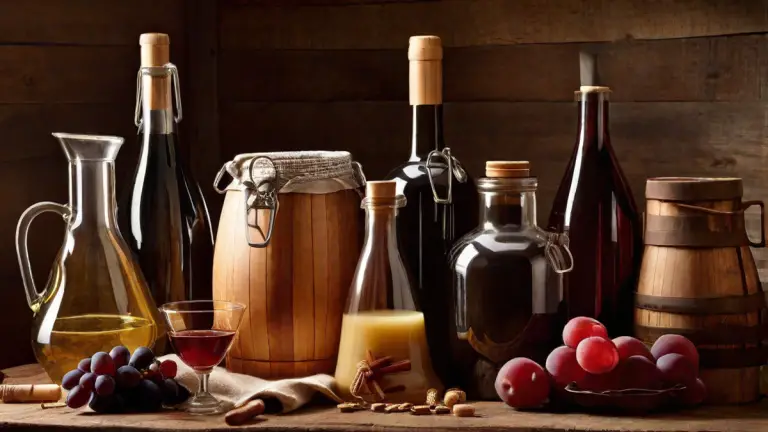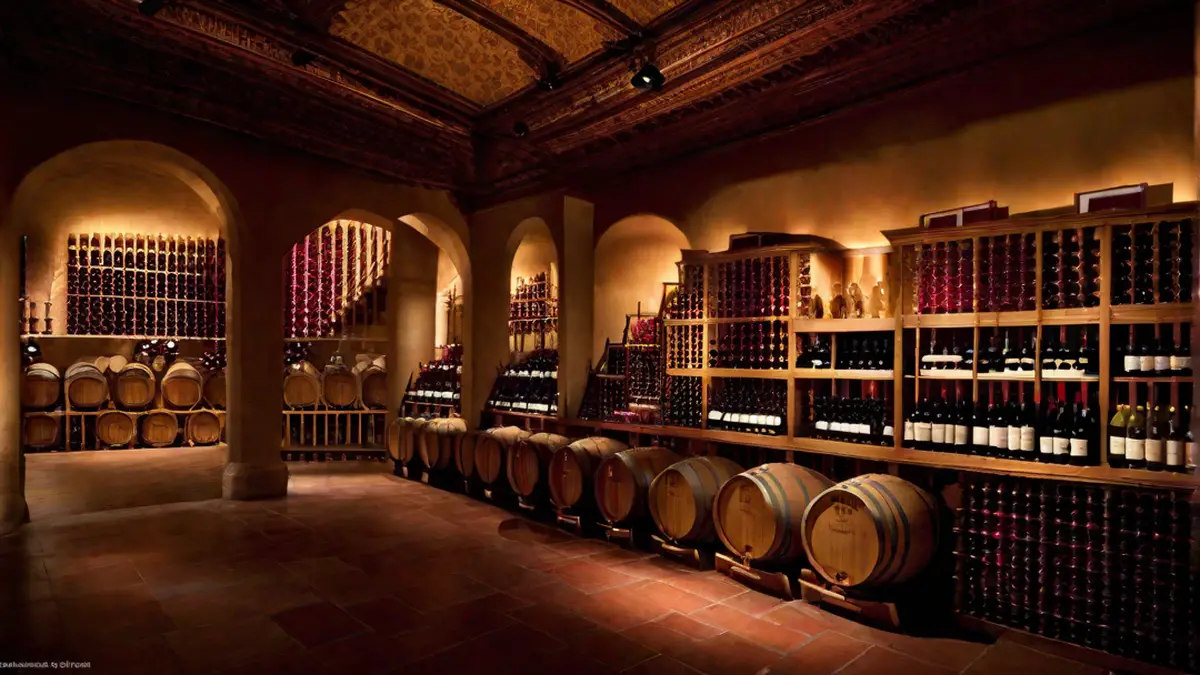In the realm of DIY winemaking, possessing the appropriate gear significantly impacts the outcome. As someone who enjoys wine and engages in winemaking on an amateur level, I’ve come to recognize the critical role that high-quality supplies play in producing an outstanding bottle of wine. It doesn’t matter if you are just starting out or if you’re an experienced hobbyist in winemaking; the necessity of having the correct tools and ingredients remains paramount for yielding a successful batch. Within this piece, I aim to offer my own recommendations for homemade wine supplies, underpinned by insights gained from my experiences.
Primary Fermentation Vessel
One of the most crucial supplies for making homemade wine is a primary fermentation vessel. This vessel is where the initial fermentation process takes place, and it’s important to choose a container that is food-grade and allows for proper airlock installation. I recommend using a food-grade plastic bucket with a lid and airlock for primary fermentation. It’s affordable, easy to clean, and provides enough space for the initial stage of wine production.
Secondary Fermentation Vessel
After the primary fermentation, the wine needs to be transferred to a secondary fermentation vessel for clearing and aging. I prefer using glass carboys for this stage, as they are non-reactive and allow me to monitor the clarity of the wine. Investing in a 6-gallon glass carboy is a worthwhile choice for anyone serious about homemade winemaking.
Wine Yeast
The selection of the right wine yeast can greatly impact the flavor and aroma of the final product. I’ve had great success with Red Star Premier Blanc yeast for white wines and Red Star Premier Rouge yeast for red wines. These strains are reliable and consistently produce high-quality wine. It’s important to choose a yeast that complements the type of wine you are making.
Sanitizing Solution
Keeping all equipment and surfaces sanitized throughout the winemaking process is crucial for preventing contamination and off-flavors. I use a gentle yet effective no-rinse sanitizing solution to ensure that everything remains clean and sterile. It simplifies the sanitization process and gives me peace of mind during fermentation.
Wine Bottles and Corks
Once the wine is ready for bottling, having a supply of clean wine bottles and high-quality corks is essential. I always opt for 375ml Flint wine bottles and natural cork stoppers. These bottles provide an elegant presentation for homemade wine, and the natural corks ensure proper aging and sealing.
Conclusion
Crafting homemade wine is a rewarding and enjoyable process, and having the right supplies can make the experience even better. From the primary fermentation vessel to the selection of wine yeast, each supply plays a crucial role in the winemaking journey. As an amateur winemaker, I’ve found that investing in quality supplies has elevated the quality of my homemade wine. Whether you’re just starting out or looking to upgrade your equipment, sourcing the right supplies is a crucial step towards creating exceptional homemade wine.




